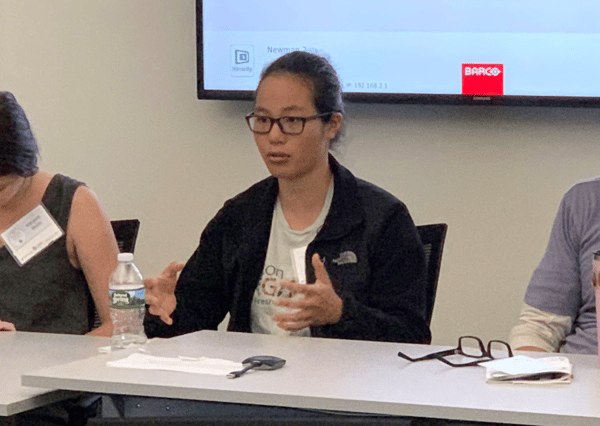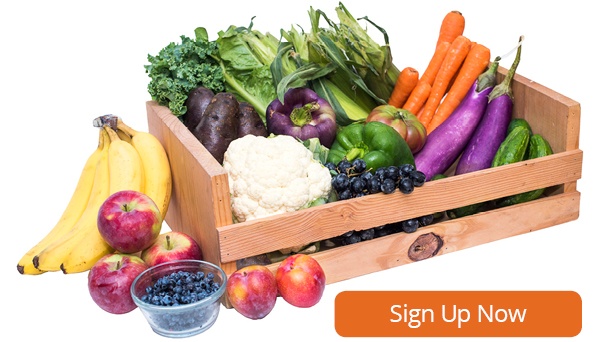I am taking the 21-Day Racial Equity Challenge. Each day I will be taking time with the prompts, and I will be sharing my reflections/thoughts. I encourage our audience to take this challenge with me to start your own self-reflection journey, start understanding and building empathy for people who are not like yourself, learn more about racial inequity in our food system, and ultimately learn how we can better support the Black people in our community.
If you feel comfortable, I encourage our audience to share your thoughts and reflections in the comments below. Our social media pages have several thousand followers, and I want to leverage our platforms as a space that encourages learning, that feels safe and inclusive. So here we go, let’s dig in.
Click here to read the previous blog post.
Day 2: Racial Socialization
From the prompt: What forces push you away from deeper consideration of, and work for, racial equity and food justice? What supports might pull you towards more steady work for racial equity in the food system and other systems?
 Me (Caroline A.) in one of the breakout session at SBN's conference
Me (Caroline A.) in one of the breakout session at SBN's conference
There weren’t forces that pushed me away from deeper consideration of racial equity and food justice, but I don’t think there were any forces actively engaging with me in the conversation. The first time I actually dove deep was during SBN’s 30th Annual Conference in May 2019. During one of the breakout sessions we considered how race played a part in building local, green, and fair economies. It was during that session that we engaged in a conversation where the term “redlining” was brought up (which I never heard of before this session), how there’s food inaccessibility in Black and Brown communities, and still in the U.S. food waste is estimated between 30-40% of the food supply (USDA).
And I don’t think racial equity and food justice stops just at food waste -- what about land ownership? In 1910 Black farmers owned 14% of the nation’s farm land and in 2019 it was estimated that ownership was less than 2% (Civil Eats, 2019). That’s an insane (in a bad, shocking way) figure to me. I’m no expert, but I bet there were government subsidies, grants, or even bank loans available for Black farmers – so what happened? Maybe the gate keepers to those resources deemed investing in Black farmers was ‘too risky’ of an investment, or eligibility requirements for grants were high enough out of Black farmers’ means.
What ever happened then is still happening today. Systems are failing Black people in our communities, people are hurting, and the masses are protesting for change. This isn’t just an American issue, it’s a world issue (thousands of protests across 3 continents; Asia, Australia, and Europe).
Thank you for taking the time to read this blog post. Click here for more prompts, and click here for more resources. Feel free to share your own reflections and thoughts in the comments below. Please keep in mind that we are all lifelong learners, our experiences are all unique, and this is a safe-inclusive space.


